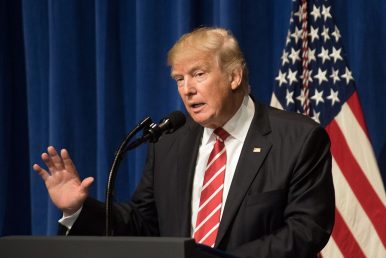Sumit Ganguly, Rajan Menon
 Prime Minister Narendra Modi is merely the champion of a larger movement that seeks to push India in a more nationalist direction.
Prime Minister Narendra Modi is merely the champion of a larger movement that seeks to push India in a more nationalist direction.
NATIONALISM HAS become a formidable force in India, the world’s most populous democracy. Prime Minister Narendra Modi’s Bharatiya Janata Party (BJP, or Indian People’s Party) portrays India as a once-glorious Hindu civilization whose identity and power were eroded—first by successive Muslim invasions that culminated in the establishment of the Mughal Empire (1526–1857), and thereafter, until 1947, by British colonialism. For more than half a millennium, in the BJP’s telling, many Hindus were forcibly converted to, or duped into adopting, Islam and Christianity. English became the intelligentsia’s lingua franca. Civilizational self-confidence gave way to feelings of weakness and inferiority—or so goes the Hindu nationalists’ narrative.








/arc-anglerfish-arc2-prod-mco.s3.amazonaws.com/public/NR4TOXR5BVASPNWAUINR4KDVOE.jpg)


